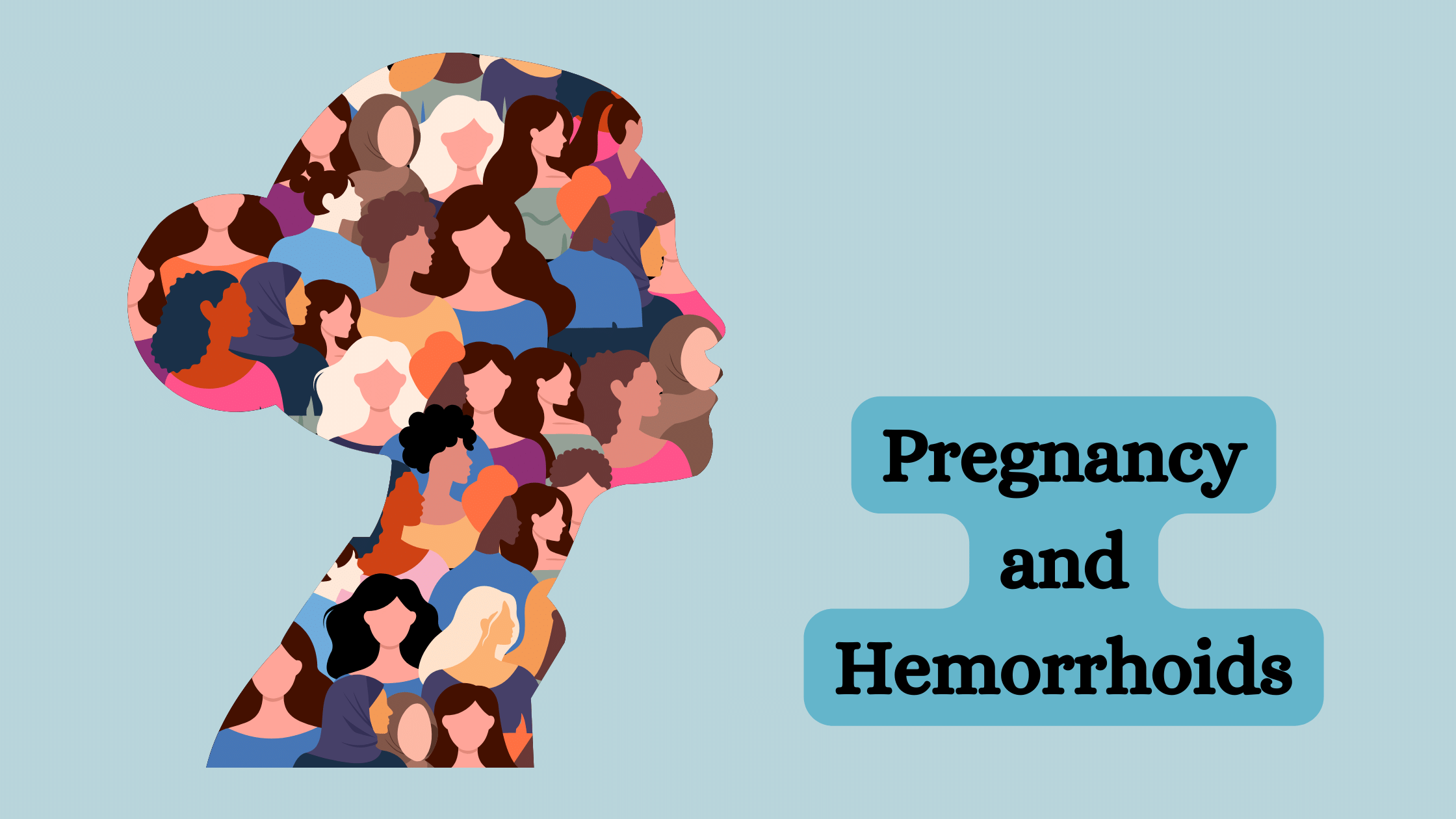
Pregnancy is a beautiful journey filled with anticipation and joy, but it also comes with its fair share of challenges. One such common issue that many pregnant individuals face is hemorrhoids.
These swollen veins in the rectal area can cause discomfort and pain, adding an extra layer of stress to an already transformative time. In this article, we’ll explore the complexities of pregnancy-related hemorrhoids, exploring their causes, symptoms, and management strategies to help expectant mothers navigate this challenging aspect of pregnancy with confidence and ease.
Ont i rumpan gravid: Pregnancy-Related Hemorrhoids
Hemorrhoids, known as ont i rumpan gravid in Swedish, are a common occurrence during pregnancy.
These swollen veins in the rectal area can develop due to increased pressure on the pelvic region, hormonal changes, and constipation, all of which are common during pregnancy.
Pregnant individuals may experience symptoms such as itching, discomfort, pain, and even bleeding during bowel movements. While hemorrhoids are often temporary and resolve on their own after childbirth, they can significantly impact the quality of life during pregnancy.
Understanding the Challenges
Pregnancy-related hemorrhoids pose unique challenges for expectant mothers. The discomfort and pain associated with hemorrhoids can make everyday activities, such as sitting, standing, and even walking, incredibly uncomfortable.
Moreover, the added stress of managing hemorrhoids alongside the physical and emotional changes of pregnancy can take a toll on mental well-being.
It’s essential for pregnant individuals to recognize the challenges posed by hemorrhoids and seek appropriate support and guidance to alleviate symptoms and improve overall comfort during pregnancy.
Causes and Risk Factors
Several factors contribute to the development of hemorrhoids during pregnancy. The growing uterus puts increased pressure on the pelvic blood vessels, leading to swelling and congestion in the rectal area.
Hormonal changes, specifically increased levels of progesterone, can also relax the veins, making them more prone to swelling. Additionally, constipation, a common complaint during pregnancy, can exacerbate hemorrhoid symptoms by causing straining during bowel movements.
Other risk factors include a history of hemorrhoids, obesity, and prolonged periods of sitting or standing.
Symptoms and Diagnosis
Recognizing the symptoms of hemorrhoids is crucial for timely diagnosis and management. Common symptoms include itching, discomfort, pain, and bleeding during bowel movements.
External hemorrhoids may appear as swollen lumps around the anus, while internal hemorrhoids may protrude through the anus or cause bleeding. Diagnosis is typically based on a physical examination of the rectal area by a healthcare provider.
In some cases, additional tests such as a digital rectal examination or sigmoidoscopy may be recommended to evaluate the extent of the hemorrhoids.
Management and Treatment Options
Managing hemorrhoids during pregnancy involves a combination of lifestyle modifications, home remedies, and medical interventions.
Dietary changes, such as increasing fiber intake and staying hydrated, can help alleviate constipation and reduce strain during bowel movements. Sitz baths, warm compresses, and over-the-counter hemorrhoid creams or suppositories may provide relief from itching and discomfort.
In more severe cases, healthcare providers may recommend prescription medications or procedures such as rubber band ligation or sclerotherapy to shrink or remove hemorrhoids.
Coping Strategies and Support
Coping with pregnancy-related hemorrhoids requires patience, self-care, and support from healthcare providers and loved ones. Pregnant individuals are encouraged to prioritize pelvic floor exercises, such as Kegels, to strengthen the pelvic muscles and improve circulation in the rectal area.
Seeking guidance from a healthcare provider or a pelvic floor physical therapist can also provide valuable support and personalized treatment recommendations.
Additionally, open communication with partners, family members, and friends can help alleviate stress and anxiety associated with hemorrhoids during pregnancy.
Conclusion
Pregnancy-related hemorrhoids, while challenging, are a common and manageable aspect of pregnancy.
By understanding the causes, symptoms, and treatment options for hemorrhoids, expectant mothers can take proactive steps to alleviate discomfort and improve their overall well-being during this transformative time.
With proper self-care, support from healthcare providers, and a positive mindset, pregnant individuals can navigate the challenges of hemorrhoids with resilience and confidence, embracing the joy and excitement of pregnancy to the fullest.